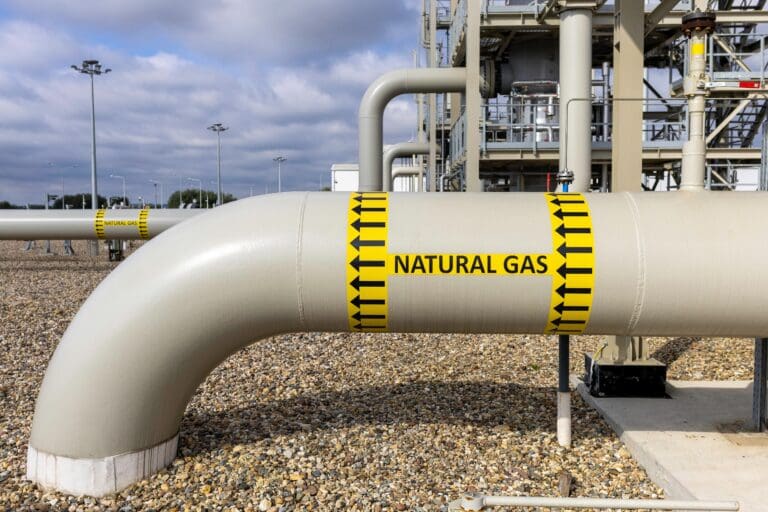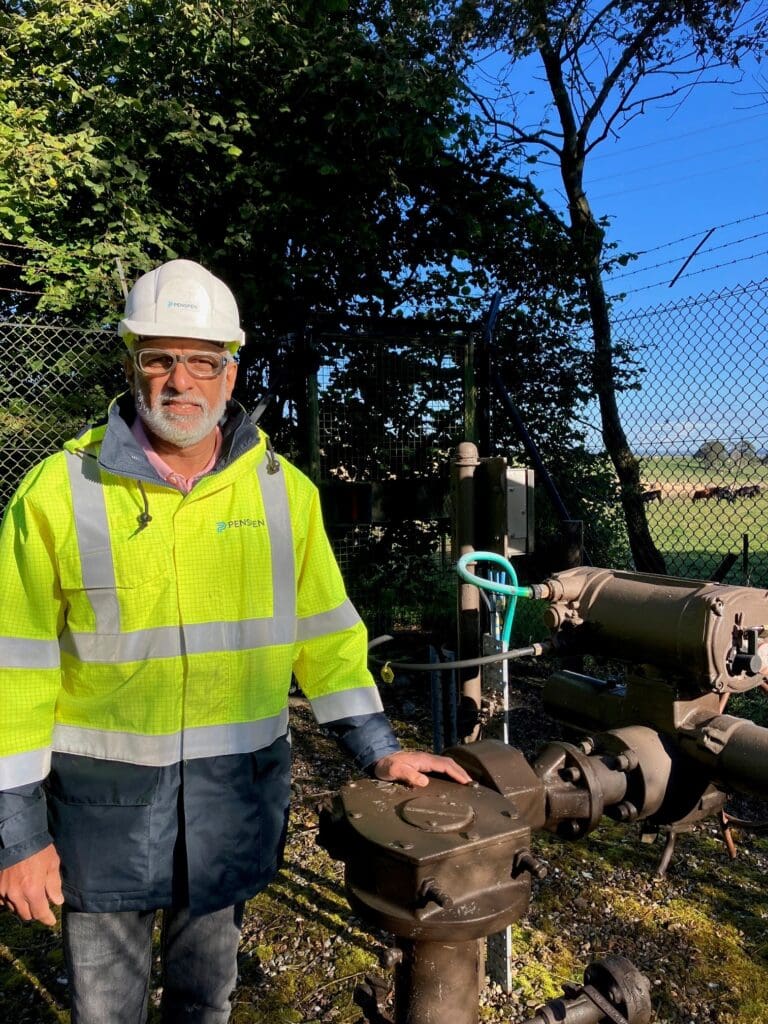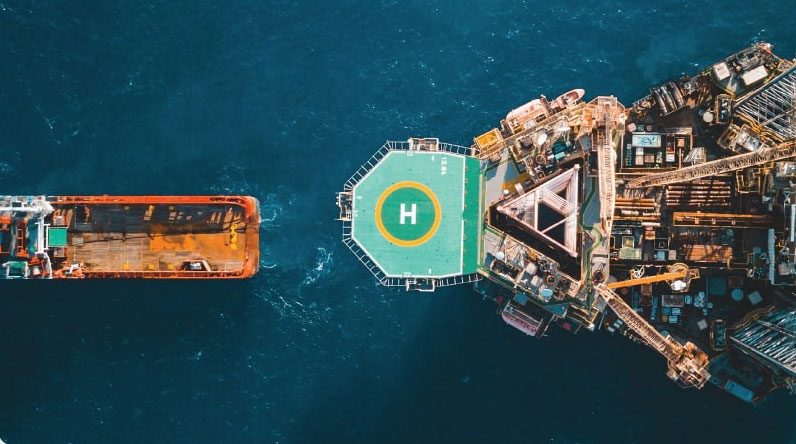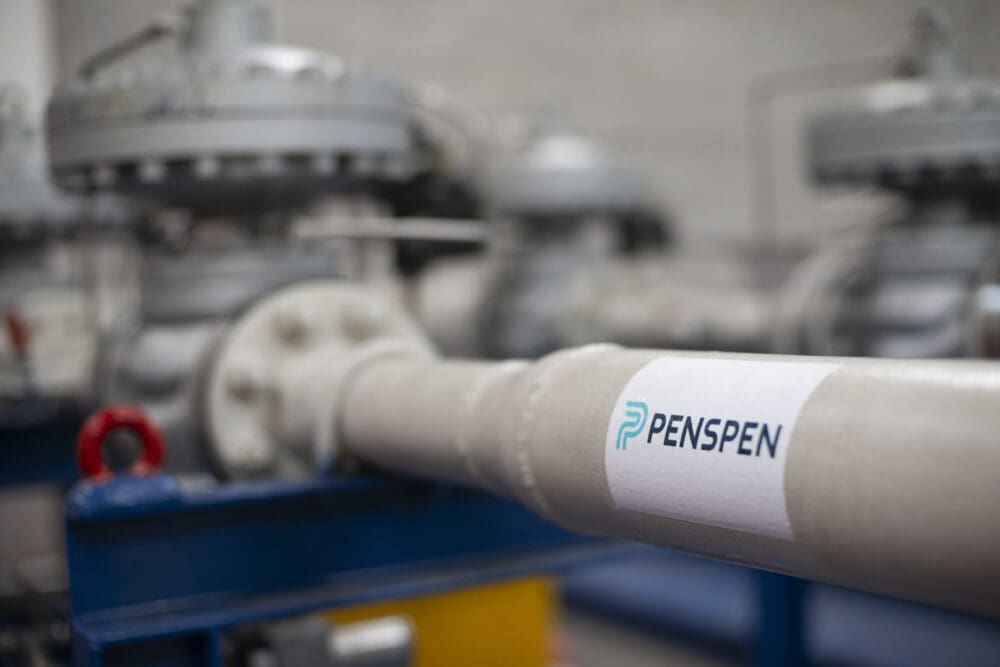An important part of the pathway to carbon-neutral transportation is the use of Sustainable Air Fuels (SAF). As it stands, roughly two-thirds of today’s kerosene consumption – which directly correlates with CO2 emissions – comes from flights operated with short and medium-range aircrafts. To truly decarbonize, the industry needs new, low-carbon new fuels as an alternative. However, with the introduction of biofuels, C02 effects can be reduced in comparison to kerosene and can provide a sustainable alternative, especially when considering its applicability.
Biofuels in Existing Infrastructure
Biofuels hold a major advantage – the advantage of being “drop-in fuels” that do not require changes in aircraft and fuel infrastructure and are applicable across all aircraft segments. As we’re aware, the path to decarbonisation includes the advancement of technologies using more ‘emission-free’ energy vectors (like hydrogen), which requires substantial time and costs. However, the introduction of biofuels allows for the re-use of already existing aircrafts, which can help drastically reduce costs and time in building new technologies.
Furthermore, The International Renewable Energy Agency (IRENA) projects biofuel availability to be around 100 to 150 exajoules (EJ), which would be sufficient to power a large proportion of aviation. Biofuels have no limitation on the range of the aircraft in comparison to hydrogen (which requires revolutionary aircraft design from medium to long ranges), which allows for even better applicability when looking at energy sources that can help engineers maintain their assets as we shift toward decarbonisation.
Future Predictions
When looking at repurposing assets for aviation, there are several opportunities available, albeit paired with the general challenges of actualising a hydrogen economy (cost of production, regulatory use, etc). SAF are predicted to consume 75 billion litres by 2040, so the use of biofuels looks to become more prominent. Integrity and aviation engineers, however, can look forward to managing their assets with minimal changes to the design and operational life with biofuels, while maintaining the largely same risk management with the previously mentioned kerosene.
As it stands, only five airports have regular biofuel distribution today (Bergen, Brisbane, Los Angeles, Oslo, and Stockholm), with others offering occasional supply. But the centralised nature of aviation fuelling, where less than 5% of all airports handle 90% of international flights, means SAF availability at a small number of airports could cover a large share of demand, which saves potential costs on new technology and improves safety/integrity (by targeting existing resources).
Questions? Contact UsRelated Insights

Development and Implementation of Asset Integrity Management Systems
In the case of facilities, integrity management is somewhat more complex than for pipelines, due to the nature and complexity of these types of assets, which distinguish them from a main...

Pipeline Performance vs Dust
In the latest integrity issue of World Pipelines, Penspen Asset Integrity experts explore how dust impacts the integrity, reliability, and safety of gas transmission and distribution systems, and...

A New Landscape: Our People – Nick Molnar
Nick is a Senior Pipeline Integrity Engineer at Penspen. Since joining the team in November 2024 and relocating from Canada to Abu Dhabi, he’s been an integral part of Penspen’s Centre of...

Our People: Half a Century of Gas Maintenance
Three Penspen technicians - Alan, George, and Sean - have racked up more than 145 years' experience combined in the gas industry, so we caught up with them about what's changed in the decades they've...




